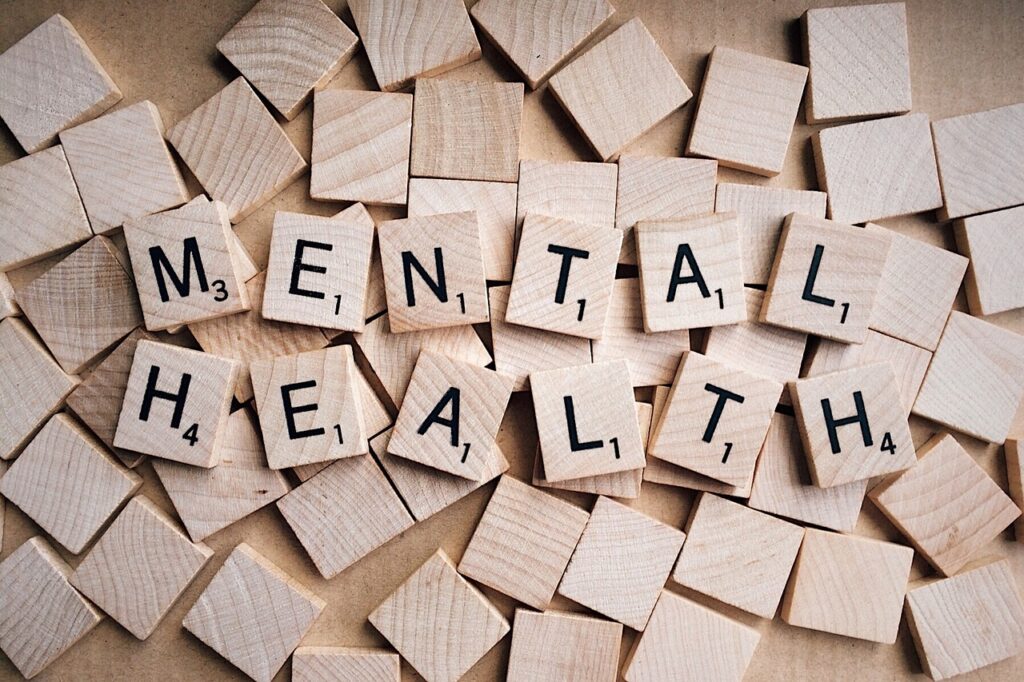Mental Ailments, Explained | +9 Common Mental Disorders
Mental ailments, also known as mental health disorders, refer to a wide range of mental health conditions that affect your mood, thinking, and behavior. These mental ailments can cause frequent stress and affect your ability to function. In most cases, symptoms can be managed with a combination of medications and talk therapy (psychotherapy).
What is Mental Health?
Mental health is the overall wellness of how you think, regulate your feelings, and behave. A mental disorder may be present when patterns or changes in thinking, feeling, or behaving cause distress or disrupt a person’s ability to function. A mental health disorder may affect how well you maintain personal or family relationships, function in social settings, perform at work or school, learn at a level expected for your age and intelligence, and participate in other important activities.
How are Mental Ailments Defined?
The Diagnostic and Statistical Manual of Mental Disorders (DSM) is a guide published by the American Psychiatric Association that explains the signs and symptoms of several hundred mental health conditions. The DSM provides criteria for making a diagnosis based on the nature, duration, and impact of signs and symptoms. It also describes the typical course of the disorder, risk factors, and common co-existing conditions.
How do Professionals Diagnose Mental Disorders?
A diagnosis of a mental health condition may be made by a psychiatrist, psychologist, clinical social worker or other mental health professional. Your primary care doctor may also be involved in a diagnostic assessment or make referrals to a mental health specialist. A diagnosis may be based on the following:
- A medical history of physical illness or mental health ailments in you or in your family
- A complete physical to identify or rule out a condition that may be causing symptoms
- Questions about your current concerns or why you’re seeking help

Common Mental Ailments
Here’s an alphabetical list of some common mental disorders along with a brief description:
Anxiety Disorders:
Anxiety disorders are characterized by a disproportionate level of fear, anxiety, and avoidance in response to certain objects or situations.
Attention-Deficit/Hyperactivity Disorder (ADHD):
ADHD is a neurodevelopmental disorder characterized by persistent patterns of inattention, impulsivity, and hyperactivity that interferes with functioning or development.
Autism Spectrum Disorder:
Autism Spectrum Disorder is a neurodevelopmental disorder that impairs a child’s ability to communicate and interact with others.
Bipolar Disorders:
Bipolar disorders involve extreme mood shifts, such as between the highs of mania and the lows of depression.
Conduct Disorder:
Conduct Disorder is a type of behavior disorder. It’s when a child has antisocial behavior. He or she may disregard basic social standards and rules.
Depression:
Depression is a mood disorder that causes a persistent feeling of sadness and loss of interest.
Dissociative Disorders:
Dissociative disorders involve problems with memory, identity, emotion, perception, behavior and sense of self.
Eating Disorders:
Eating disorders are characterized by abnormal or disturbed eating habits which negatively affect a person’s health.
Obsessive-Compulsive Disorder (OCD):
OCD is characterized by unreasonable thoughts and fears (obsessions) that lead to compulsive behaviors.
This list is not exhaustive and there are many other mental ailments. If you or someone you know is struggling with symptoms of a mental disorder, it’s important to seek help from a healthcare provider. Most mental health conditions are treatable, often through talk therapy (psychotherapy), medication, or both.
